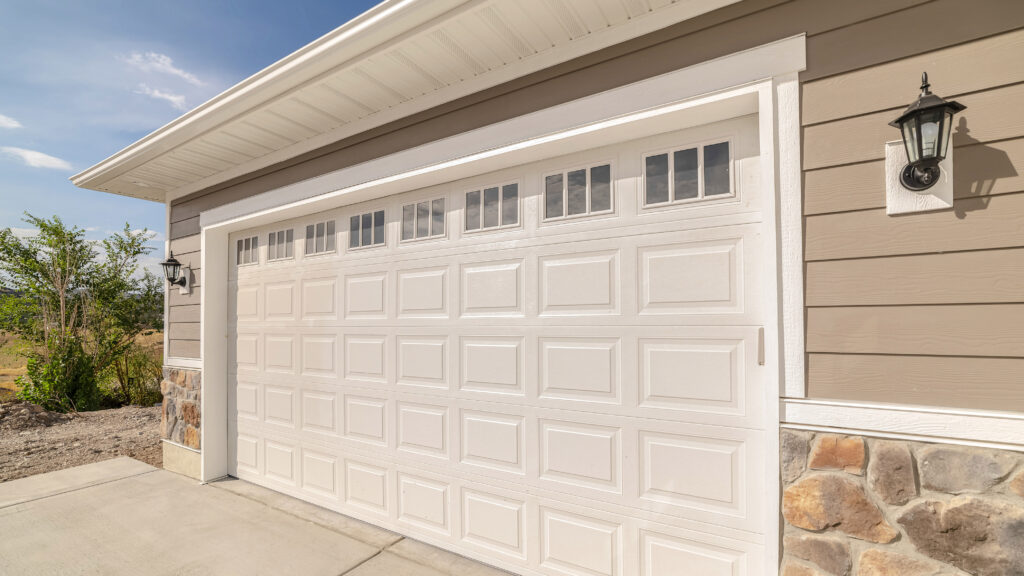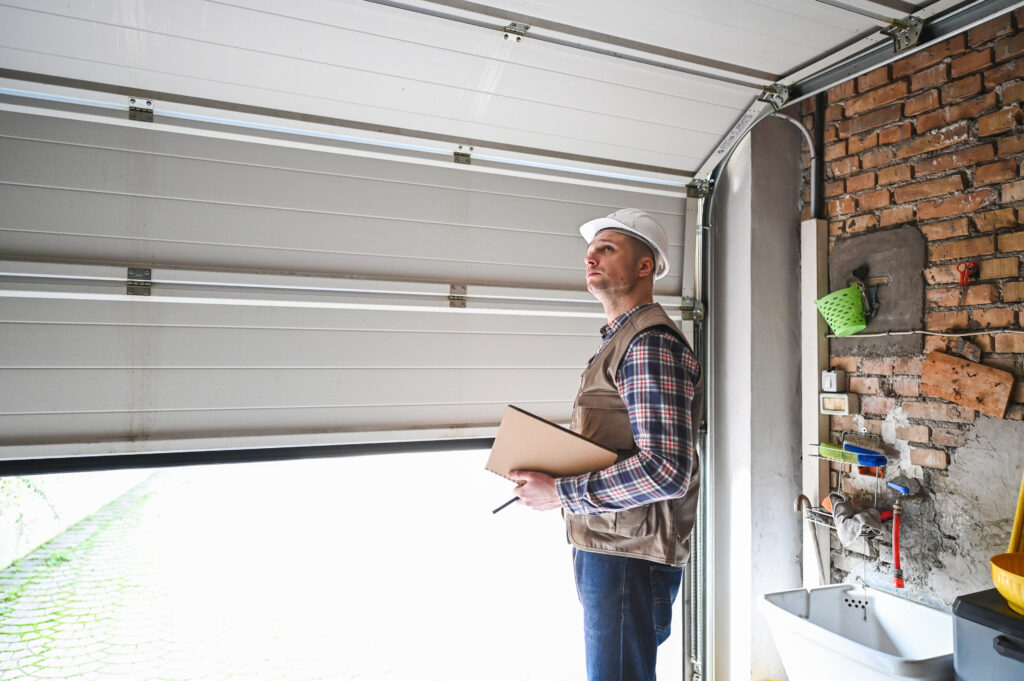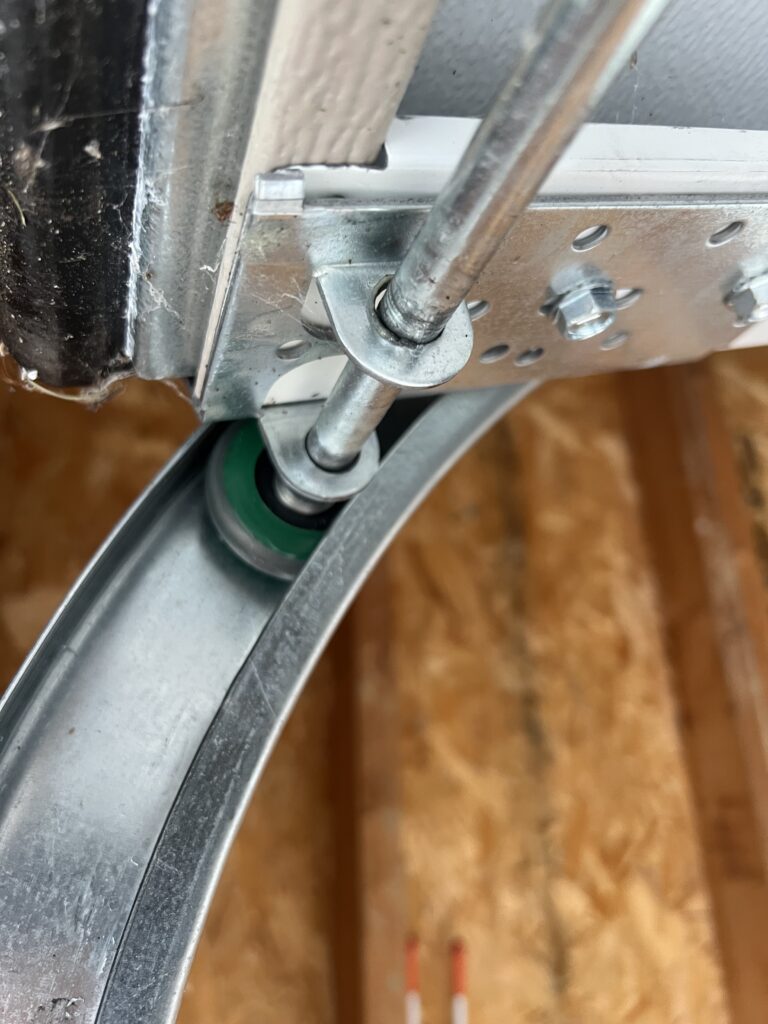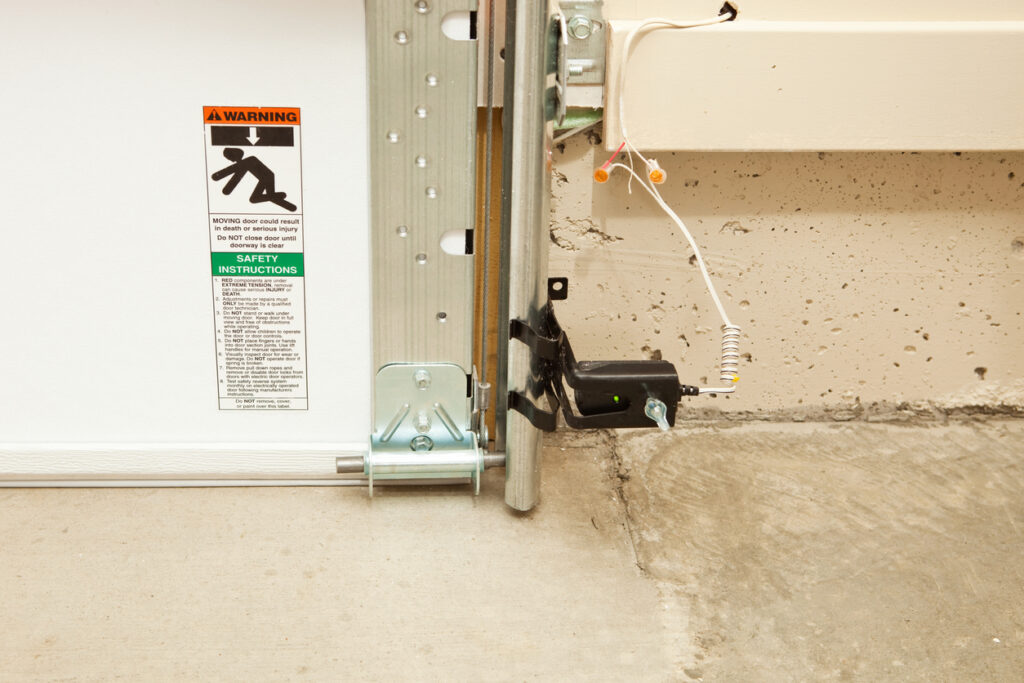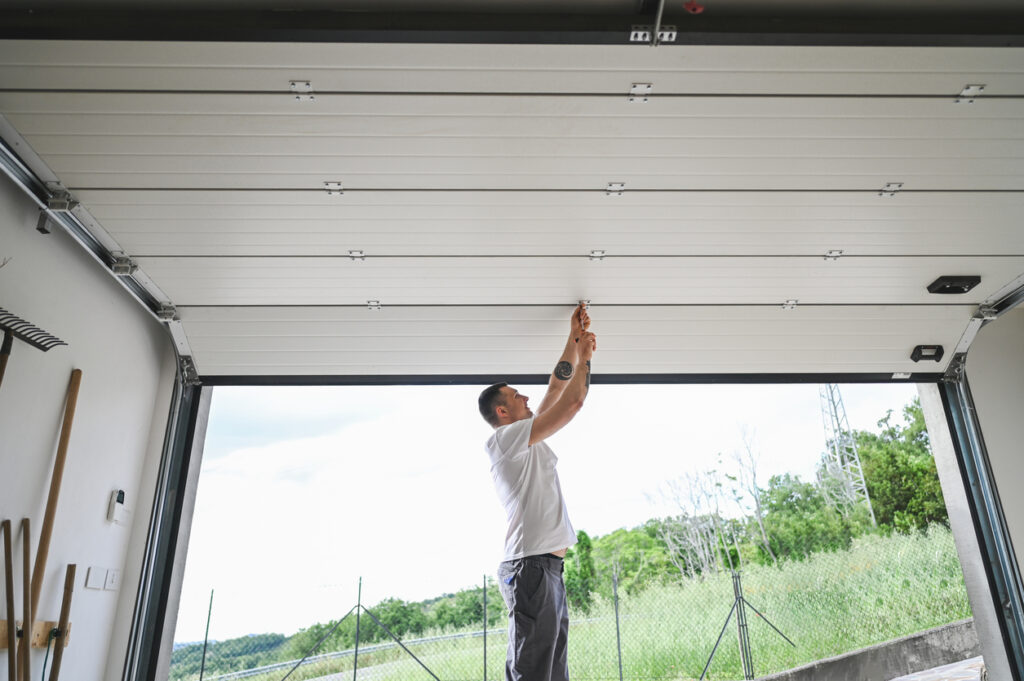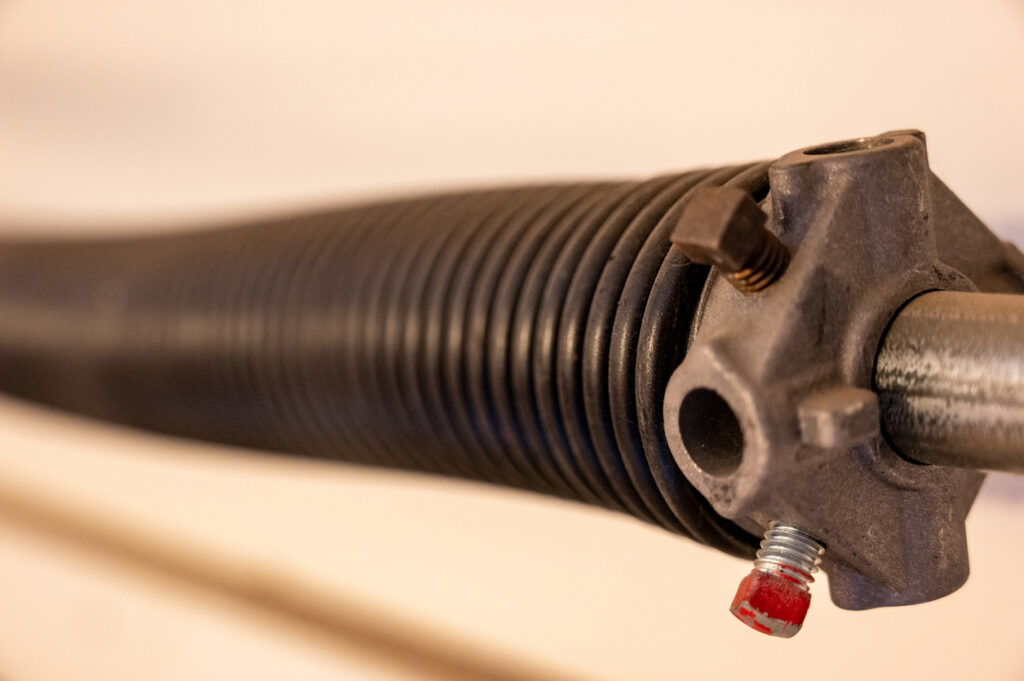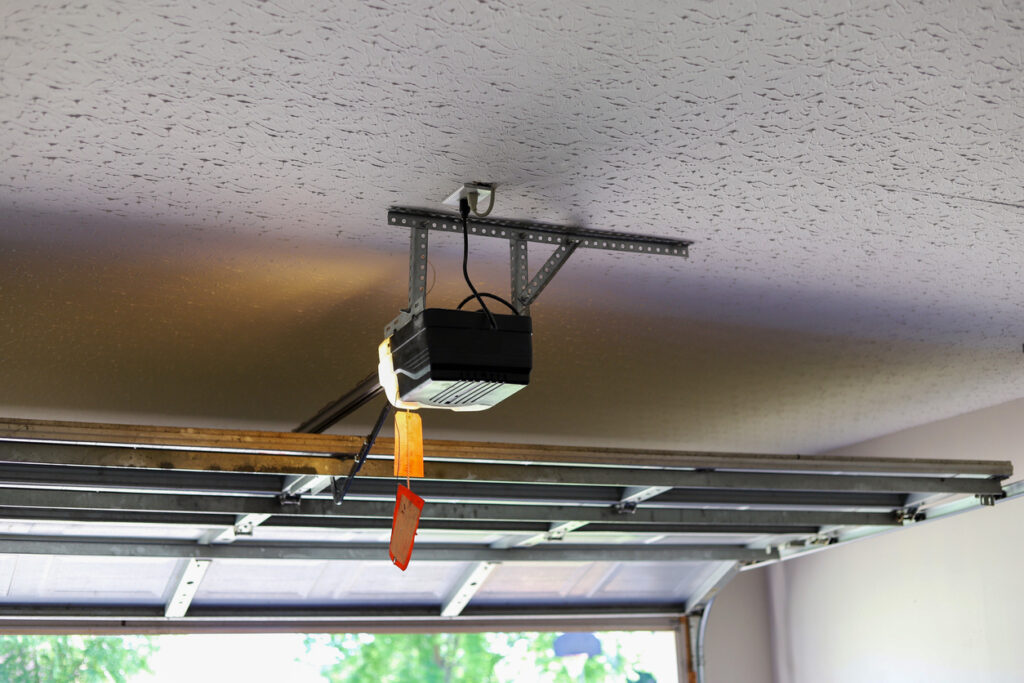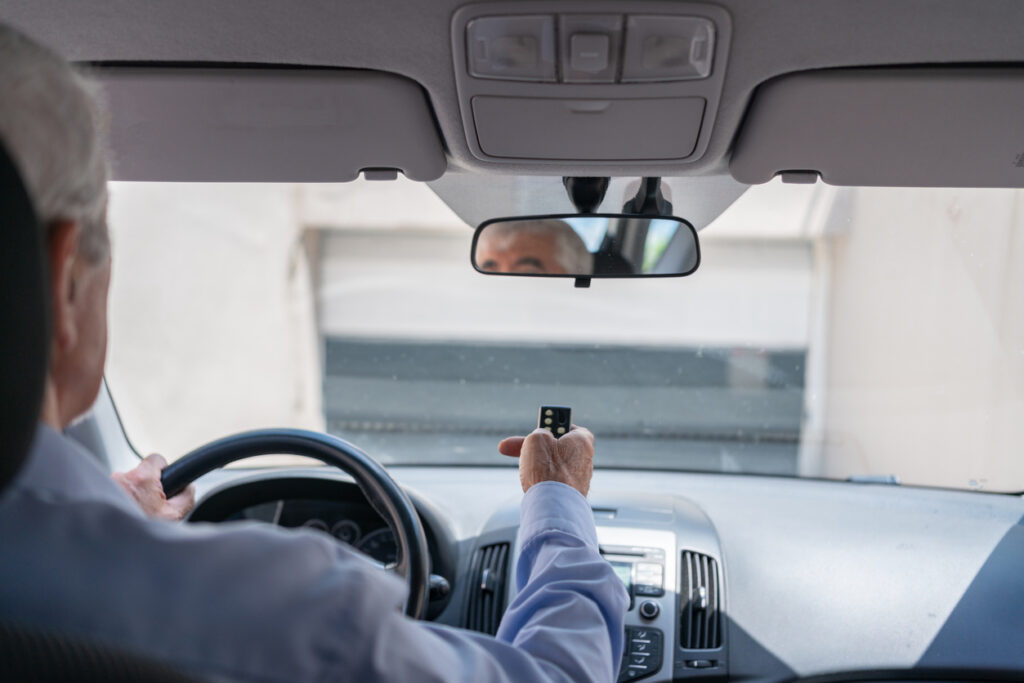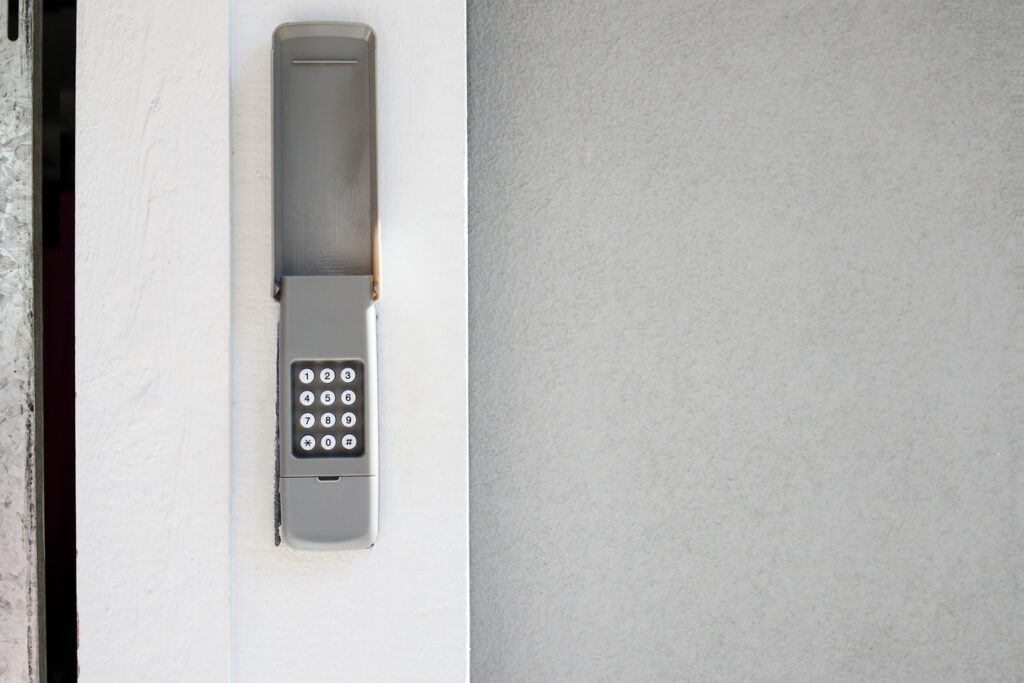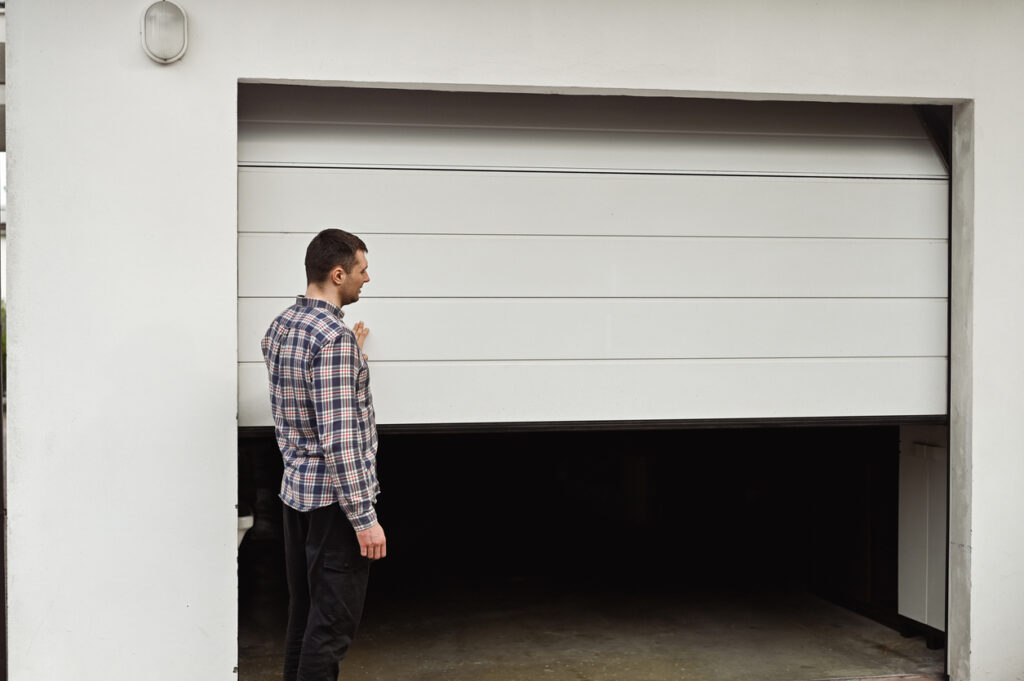Is your garage door off track? A garage door off track repair is essential to avoid further damage and ensure your door operates safely. Learn about common causes, signs to watch for, and when it’s time to call a professional to get your garage door back on track. A garage door off track repair is […]
Garage Door Off Track Repair: What Causes It and When to Call for Help
